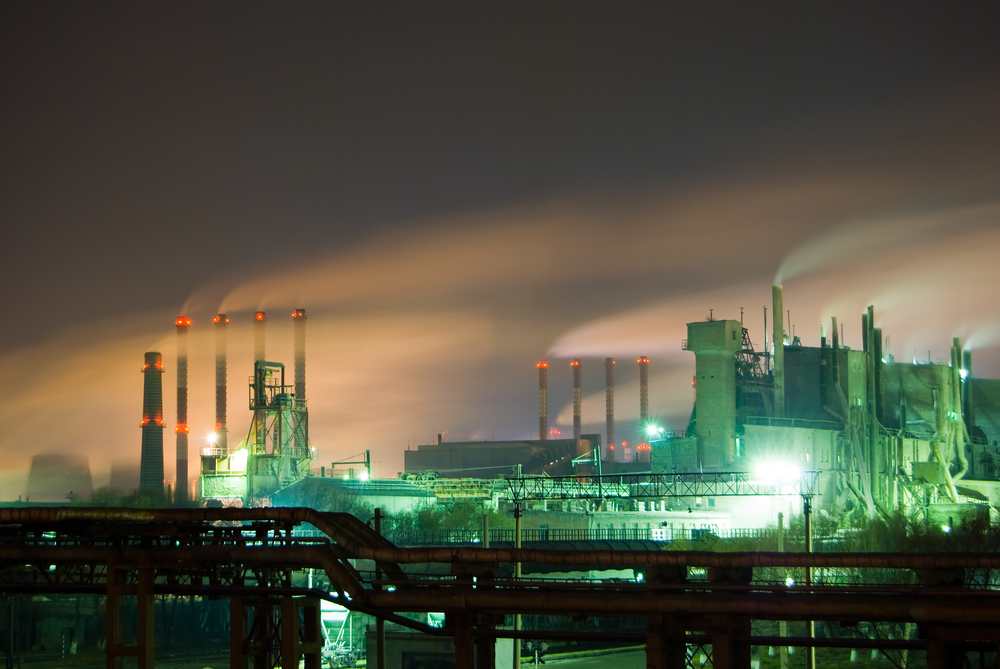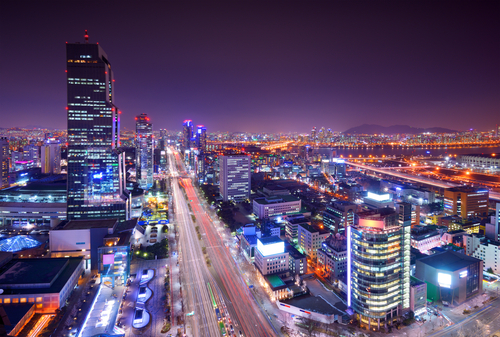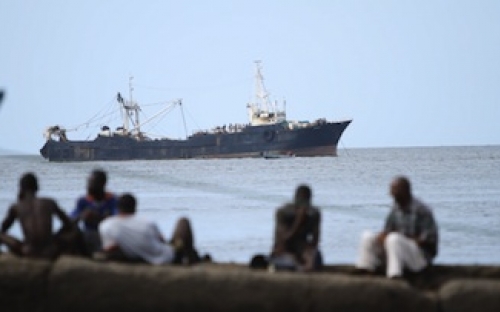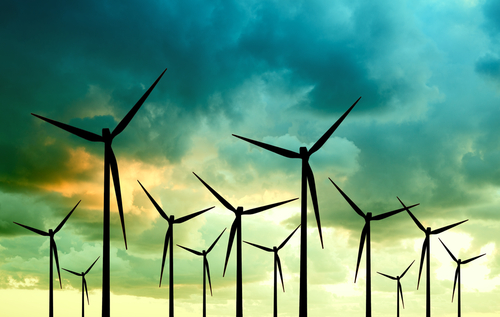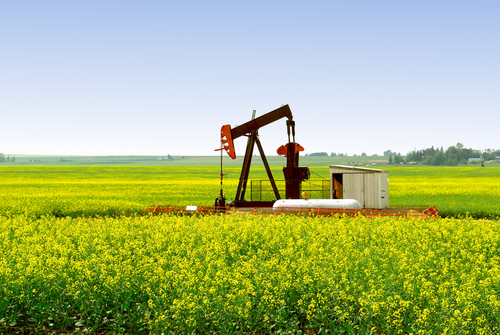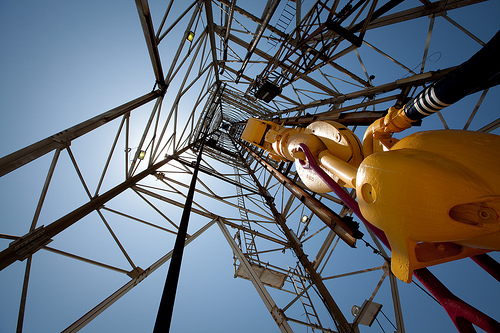Japan’s Abe Commits to Changing His Party’s Relationship with Deeply Unpopular Power Utilities
Japanese politics was dominated by energy in the wake of the disaster of 11 March, 2011. The decision to shut-down all the remaining 48 nuclear units introduced real concerns of brownouts, previously unthinkable in Japan’s gold-plated power system. The parliament...
ASEAN Internet Penetration is Uneven, but Growing Fast and needs Direction
ASEAN is at the moment drifting aimlessly in cyberspace. But it could take advantage of its own rapid growth in internet penetration and the harsh cyber-security lessons of other nations, to create an inclusive, coordinated and adaptive ASEAN Cyber-Resilience Blueprint...
A Cyberspace Lesson from South Korea
Over 3 million South Koreans have downloaded a Germany-based smartphone messenger app, Telegram, while 400,000 users of Kakao Talk — the nation’s most widely used messenger app — terminated their account, in protest against government attempts to crackdown on dissenters....
Good News/Bad News from a Recession-Backed Energy Consumption Reduction
Readers of the Financial Times would have recently encountered a story that encompasses the paper’s version of bad/good news when it comes to the oil business. According to the author Daniel Yergin, the bad news is that several major oil...
Now What? – The Post-IPO Future for Alibaba
Chinese e-commerce giant Alibaba has a track record of breaking records. It not only operates the world’s largest online business-to-business platform, but also the world’s largest online consumer marketplace. In 2004, it had the largest initial public offering (IPO) since...
Bottled Water: The Biggest Marketing Scam Of The Century?
In many developed countries around the world, tap water is widely considered to better for you than the bottled variety and subject to more stringent safety checks. Why then do we insist on purchasing something which is up to 300...
Is Russia Building The Next Floating Chernobyl?
Two years after the Fukushima Daiichi nuclear disaster, Russia is planning the construction of a new line of floating nuclear power plants that could power remote and arid areas of the country, but could also have dire consequences for the...
Rising Powers, Shrinking Planet: What’s Next in the Energy Debate?
Most, if not all, wars have been trade wars connected with some sort of material interest. As geopolitical risks multiply and conventional energy reserves decline, could the accelerated development of renewable energy prove to be the only way to avoid...
Why Peak Oil Pundits Got It Wrong
Many investors believe that global oil production would start to decline from 2014-15, a prediction based on the so-called peak oil theory that the world demand for oil would soon outstrip supply and send oil prices through the roof. For...
Scourge Of The Seas: Pirate Fishermen Plunder The World’s Fish Supply
Pirate vessels pose a severe threat to poor coastal fishing communities around the world, threatening ecosystems and committing human rights abuses. But elements of the global fishing industry are finding the means to fight back with the support of charitable...
Gene Patents Are Sacrificing Human Lives For Profits: Joseph Stiglitz
The US Supreme Court recently began deliberations in a case that will determine whether human genes may be patented. But we already know that permitting gene patents results in inefficiencies – including monopoly profits and a failure to maximize the...
Why Renewables Can’t Fix Our Energy Problem: Gail Tverberg
Despite its merits, the cost of renewable energy, in its current state, means that it is unlikely to become a viable primary energy source anytime in the near future. At best, renewable energy will serve only as a “fossil fuel...
Junior Oil Companies: Making It Big In Canada? – Aroway Energy Interview
Junior oil companies may not have the reach, nor the resources, of major oil firms, yet some still manage to turn up massive profits – thanks to the economic principle that the management of small oil & gas properties are...
Can Space-Inspired Pipeline Leak Detection Technology Save The Oil Industry?
Growing environmental concerns has meant that oil and gas pipelines are no longer being built as rapidly as they used to be. A new remote-sensing technology, with research beginning in space, however aims to detect dangerous leaks in pipelines quickly...
The Five Most Promising Oil & Gas Plays In 2012
2012 has been a stellar year for oil and gas. From East Africa to North America, new technology, major new discoveries, an unparalleled appetite for exploration and a metamorphosing perception of risk have changed the playing field. We're looking at...

